
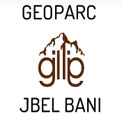

Jebel el Kest: A stunning day in the Moroccan Anti-Atlas
The ascent of Jebel el Kest in Morocco’s Anti-Atlas is a stunning day in remote mountains – one of the very best hill days. Cicerone’s Publisher, Jonathan Williams, explored the area with his son Joe in February 2015..
‘Anergui...’ Chris Bonington’s always-quiet tone dropped a notch as he repeated the name, his eyes seeming to glaze over as though he was remembering big mountains in great ranges. I was impressed. All I’d done was mention this particular approach to the little-known Jebel el Kest in Morocco’s Anti-Atlas. It must be quite a hill. There was clearly a lot to look forward to on our walking and scrambling trip. Over the last twenty years the Anti-Atlas has grown into a remarkable arena for climbers. Massive amounts of rock at good climbing grades, easy access, good prices and great people have all made this area a new home-from-home for a generation of climbers: Les Brown, Joe Brown, Chris Bonington, Claude Davies... all well-known names on the friendly streets of Tafraoute.
A town of 5000 people, Tafraoute is set off to the south of Jebel el Kest, giving it astonishing views to the quartzite range that glows bright pink in the evening light. It’s located in an area the maps refer to as ‘The Granite Area’, full of piles of strangely shaped boulders. There are several hotels and a few restaurants, plenty of shops, pharmacies, a weekly souk, and a small medical centre (with which we had dealings the next day – another story). The French influence is unmistakable; well taught in the schools it’s one of three languages – with Arabic and Berber – spoken throughout Morocco. Those involved in adventures and other trading all have excellent French and a surprising amount of English. And catering to climbers is only one of Tafraoute’s enterprises. It’s a stop-off for the many French who tour around Morocco and into the Sahara, often in sizeable motor homes. This has led it to its development as a major centre for carpet selling, and the two emporia that service this business have become masters of the art. It’s unlikely your resistance is even close to a match for their sales talents, so it’s best just to embrace it. Tafraoute is as a fine place as any to buy a carpet, rug or throw and it will make a valuable contribution to the local economy.
Located about 3 hours’ drive south east of the Atlantic resort of Agadir, a 4-hour flight from the UK, this remote area on the edge of the Sahara desert can be reached inside a day. The drive down is fascinating – remarkably little traffic but a whole new culture with shepherds and flocks crossing the road, towns and Berber villages large and small, roadside water stalls, women in niqab and hijab of all colours, minarets and wild mountain scenery, as well as the inevitable game of chicken as two vehicles pass on the road eroded by the perpetual sun and occasional rain down to a singe track. Winter temperatures are ideal for walking, but the main season is March to April and October into November. In mid-February we had cloudless days up to 20º and night-time temperatures of 8 to 10º – fine Cumbrian summer days.
Jebel el Kest itself is just the highest point in a long and complex ridge extending over 35km and accessible from both north and (more usually) south. There are a few paths – original Berber shepherd trails above the villages – but much of it is trackless. And everything up there is either sharp or spikey.
Pub in May 2015
Source web par cicerone-extra
Les articles en relation

Mon beau Maroc : Les 5 plus belles Oasis du Maroc (Géoparc Jbel Bani)
Mon beau Maroc : Les 5 plus belles Oasis du Maroc (Géoparc Jbel Bani) Dans la rubrique « Mon beau Maroc », We love buzz vous fait découvrir le Maroc sous ses plus beaux angles. Nous avons la chance d’a
Savoir plus...
Les sept couches de la terre
Quand les scientifiques ont commencé à explorer les profondeurs de la terre et à fournir les efforts pour connaître les secrets de sa structure et de sa composition, ils ont constaté que les mythes qui
Savoir plus...
Le Goundi
Le Goundi est une espèce de petits rongeurs de la famille des Ctenodactylidae. C’est un rongeur et mammifère diurne qui habite les régions semi-désertiques de l’Afrique du Nord. Au Maroc on en
Savoir plus...
Des insectes porteurs de virus : un projet américain qui inquiète des scientifiques
Des insectes porteurs de virus : un projet américain qui inquiète des scientifiques Selon un collectif de chercheurs, le programme de recherche de la Darpa visant à inoculer des gènes de résistance
Savoir plus...
Les Moussems et les Manifestations sociales et culturelles
Les Moussems et les Manifestations sociales et culturelles Le moussem n’est pas que chevauchées et agapes, foules colorées, danses artistiques, ais il constitue aussi l’événement régiona
Savoir plus...
BALADE AU PAYS DU CUMIN ET DU HENNÉ (Géoparc Jbel Bani)
BALADE AU PAYS DU CUMIN ET DU HENNÉ (Géoparc Jbel Bani) DANS LA RÉGION DE N’KOB, TAZZARINE, ALNIF Situé dans la Région Drâa-Tafilalet au sud-est marocain, le territoire de N’Kob
Savoir plus...
Les fossiles du Crétacé : un riche patrimoine à découvrir et à protéger
Les fossiles du Crétacé : un riche patrimoine à découvrir et à protéger Au Maroc, les fossiles du Crétacé sont présents le long d'une falaise s'étendant su
Savoir plus...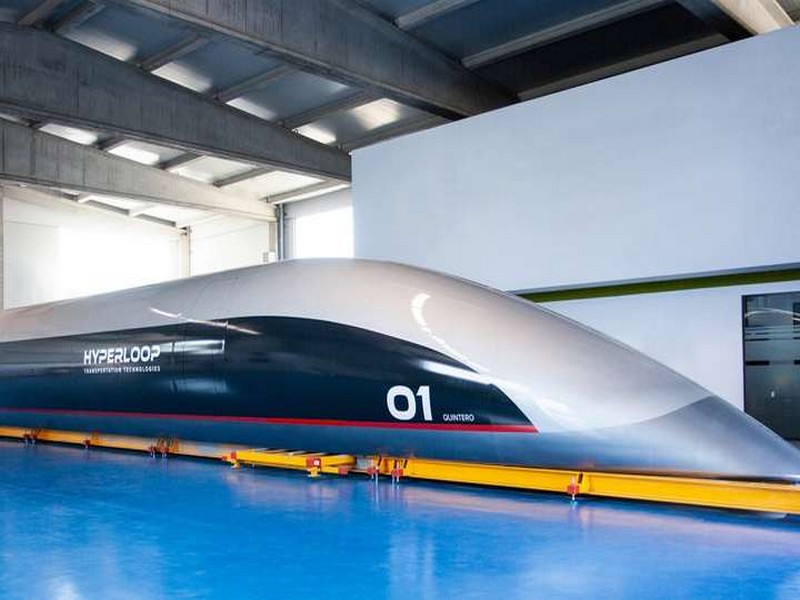
Hyperloop Transportation Technologies dévoile sa capsule de transport de passagers
Hyperloop Transportation Technologies dévoile sa capsule de transport de passagers Longue de 32 mètres, la capsule Hyperloop Quintero One d'Hyperloop TT a été assemblée en Espagne et sera finali
Savoir plus...
MASSIF DU SIROUA
MASSIF DU SIROUA H. ADMOU1 & A. SOULAIMANI1 Structure géologique Le Massif du Siroua a été visité au début du XXème siècle par L. Gentil (1905). Il se situe dans la zone cen
Savoir plus...
La station spatiale chinoise se dévoile grandeur nature
La station spatiale chinoise se dévoile grandeur nature La Chine, qui prévoit de débuter la construction de sa station spatiale au début de la décennie 2020, en a présenté sa maquette
Savoir plus...
Vallée de Tamanart 60 sites d’art rupestre parsèment la zone
Dans le cadre de ses activités, l’Association marocaine d’art rupestre (AMAR) créée en 1999 a organisé du 1 au 4 mai une excursion scientifique à la vallée de Tamanart. Le choix du lieu
Savoir plus...
La réapparition surprenante du lion de l’Atlas durant les années 70
Le lion de l’Atlas, symbole absolu de la monarchie marocaine et du Maroc, fait depuis quelques années, l’objet de plusieurs études en raison de son mystérieux parcours. Aujourd’hui, c’est l&r
Savoir plus...Les tags en relation
En savoir plus sur " Montagnes et Anti Atlas "
Consulter les vidéos de " Montagnes et Anti Atlas " Consulter les photos de " Montagnes et Anti Atlas " Consulter les publications de " Montagnes et Anti Atlas " Consulter les éditions de " Montagnes et Anti Atlas " Consulter les communications de " Montagnes et Anti Atlas "Recherche du site
Recherche avancée / SpécifiqueMontagnes Jbel Bani, Jbel Kerst et Anti Atlas
Montagnes et Anti Atlas Caractéristiques des montagnes du Jbel Bani Jbel Bani et Jbel Kesrt
Géoparc et Recherche Scientifique
Le coins de l’étudiant
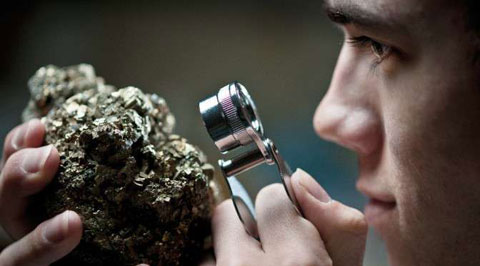

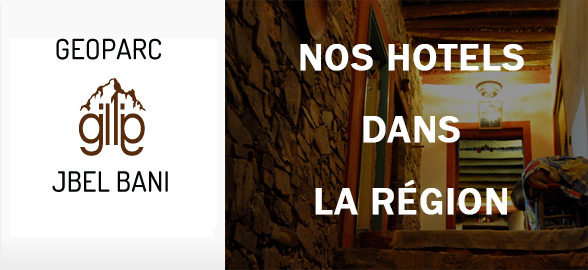
Blog Géoparc Jbel Bani
Dictionnaire scientifique
Plus de 123.000 mots scientifiques
Les publications
Géo parc Jbel Bani
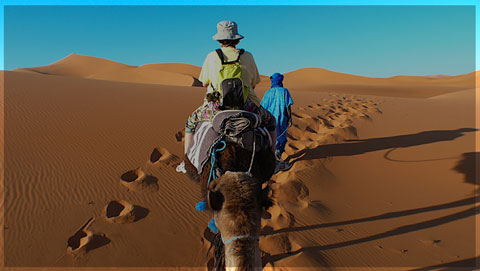
Circuits & excursions touristiques
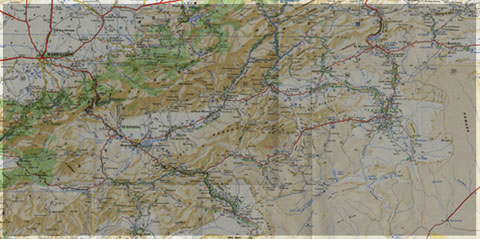
cartothéques
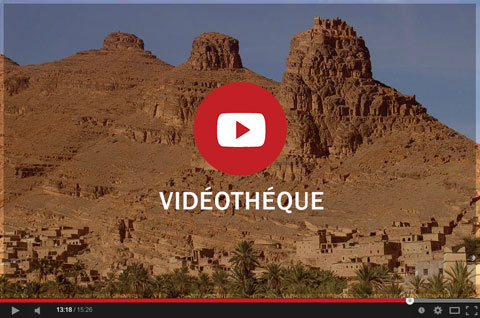
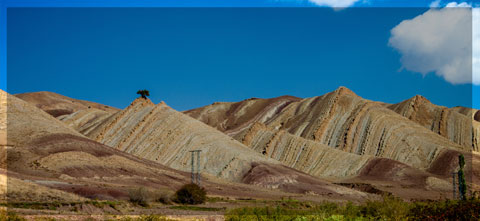
Photothéques
Publications & éditions



